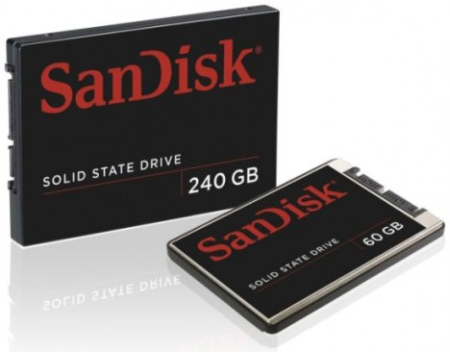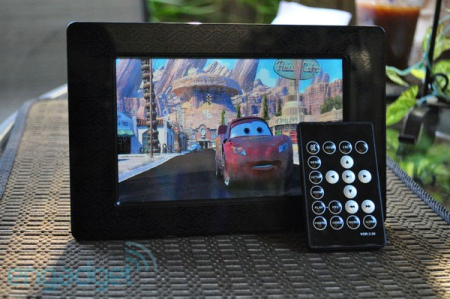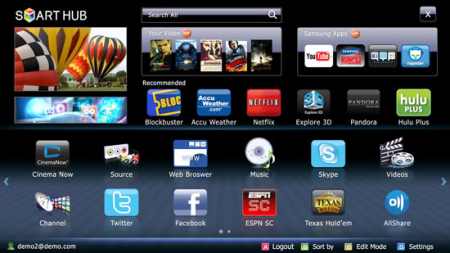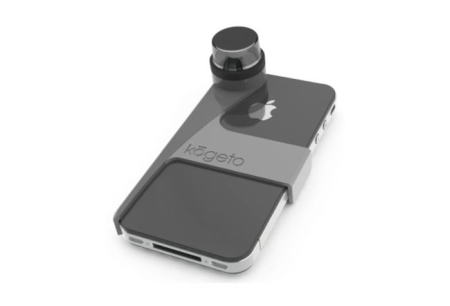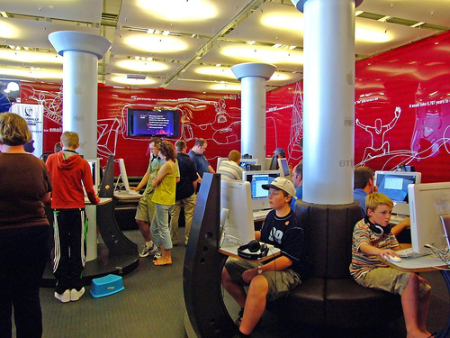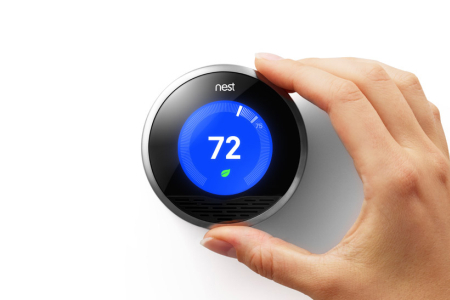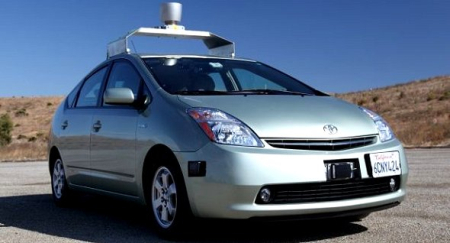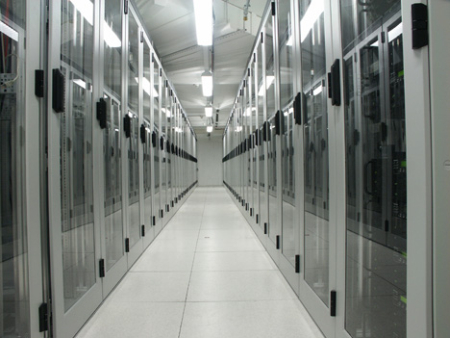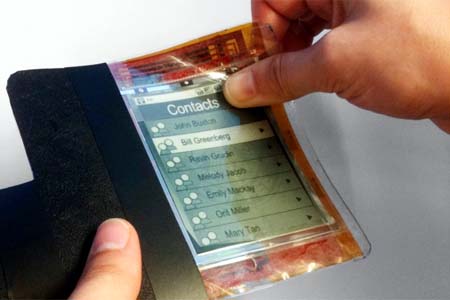 | « Back to article | Print this article |
15 most innovative gadgets in the world
With technology moving at ever faster speed, the world is witnessing introduction of the most innovative of gadgets.
Here we present the 15 most innovative gadgets to hit the world.
Click NEXT to read more...
15 most innovative gadgets in the world
Solid state drives
A solid-state drive is a data storage device that uses solid-state memory to store persistent data with the intention of providing access in the same manner of a traditional block i/o hard disk drive.
SSDs are distinguished from traditional magnetic disks such as hard disk drives or floppy disk, which are electromechanical devices containing spinning disks and movable read/write heads.
In contrast, SSDs use microchips which retain data in non-volatile memory chips and contain no moving parts.
Compared to electromechanical HDDs, SSDs are typically less susceptible to physical shock, are silent, have lower access time and latency, but are more expensive per gigabyte.
SSDs use the same interface as hard disk drives, thus easily replacing them in most applications.
Click NEXT to read further. . .
15 most innovative gadgets in the world
Glasses-free 3D
Autostereoscopy is any method of displaying stereoscopic images (adding binocular perception of 3D depth) without the use of special headgear or glasses on the part of the viewer.
Because headgear is not required, it is also called 'glasses-free 3D' or 'glasses-less 3D'.
The technology also includes two broad approaches used in some of them to accommodate motion parallax and wider viewing angles: those that use eye-tracking, and those that display multiple views so that the display does not need to sense where the viewers' eyes are located.
Click NEXT to read further. . .
15 most innovative gadgets in the world
Smart TV
Smart TV, which is also sometimes referred to as 'Connected TV' or 'Hybrid TV', (not to be confused with Internet TV or Web TV), is the phrase used to describe the current trend of integration of the Internet and Web 2.0 features into modern television sets and set-top boxes, as well as the technological convergence between computers and these television sets/set-top boxes.
These new devices most often also have a much higher focus on online interactive media, Internet TV, over-the-top content, as well as on-demand streaming media, and less focus on traditional broadcast media like previous generations of television sets and set-top boxes always have had.
Click NEXT to read further. . .
15 most innovative gadgets in the world
Kogeto Dot
The Kogeto Dot is a neat clip-on lens for your iPhone 4 or 4S that turns your device into a panoramic video recorder.
After filming, you upload the clip to the company's Flash-based player that lets you pull and drag the video so you can view it from all angles.
You get a new experience every time you watch the video.
Click NEXT to read further. . .
15 most innovative gadgets in the world
Long Term Evolution
Long Term Evolution, usually referred to as LTE, is a 4G standard for wireless communication of high-speed data for mobile phones and data terminals.
It is based on the GSM/EDGE and UMTS/HSPA network technologies, increasing the capacity and speed using new modulation techniques.
The standard is developed by the 3GPP (3rd Generation Partnership Project).
The world's first publicly available LTE service was launched by TeliaSonera in the Scandinavian capitals Stockholm and Oslo on December 14, 2009.
LTE is the natural upgrade path for carriers with GSM/UMTS networks, but even CDMA holdouts such as Verizon in North America and au by KDDI in Japan have announced that they will migrate to LTE in the future.
LTE is therefore anticipated to become the first truly global mobile phone standard.
Click NEXT to read further. . .
15 most innovative gadgets in the world
Gigabit Internet
Google has selected Kansas City in the United States to test its new Gigabit Internet service.
What does that mean? That means speeds that are about 100 times faster than what you're used to experiencing with your tired old cable modem.
Click NEXT to read further. . .
15 most innovative gadgets in the world
Android@Home
Google announced plans for Android@Home, a system that lets you control all your appliances, lights, and other stuff in your home from your Android phone.
Google was light on specifics as to how it would work, but it definitely sounded cool.
Click NEXT to read further. . .
15 most innovative gadgets in the world
Nest
The Nest is a smart device that adjusts your home's temperature based on your habits. It learns when you're out.
It learns when you're sleeping. And the design is simply gorgeous.
Click NEXT to read further. . .
15 most innovative gadgets in the world
Self-driving cars
Google has been both mocked and praised for pursuing self-driving cars.
It didn't help the company's stance on the project much when one of its prototypes recently crashed.
But Google is sticking with the project, challenging the geniuses in its super-secret Google X lab to perfect the driverless cars.
Click NEXT to read further. . .
15 most innovative gadgets in the world
Facial recognition
Earlier this year, everyone freaked out when Facebook announced it would start using facial recognition to automatically tag photos you upload.
Even smartphones are implementing facial recognition. Google's new version of Android, Ice Cream Sandwich, uses the technology to unlock your smartphone when you look at it.
Facial recognition has the potential to bring targeted marketing to the next level.
Click NEXT to read further. . .
15 most innovative gadgets in the world
Harnessing heat
As we move more and more of our digital stuff into the cloud, the companies behind those services are forced to build massive data centers to store it all.
Apple has a fancy new one. So does Facebook. Google has several.
And they all use up massive amounts of energy. Some have figured out a way to harness that excess heat and use it to keep homes warm.
Data centres aren't exactly eco-friendly, but if we can continue to figure out ways to efficiently harness the extra heat and energy they give off, the benefits could be tremendous.
Click NEXT to read further. . .
15 most innovative gadgets in the world
Cloud computing
Over the last year 'the cloud' has creeped its way into our everyday tech vocabulary. Even Apple got on board, naming its new online storage service 'iCloud'.
But what is the cloud? Simply put, it's a way to store all your files, photos, music, etc. on a remote server and access it all from the web.
Then there are those excellent services like Dropbox and Box.net that act as a virtual folder on your desktop, allowing you to get those files from anywhere.
Click NEXT to read further. . .
15 most innovative gadgets in the world
Voice control
Siri isn't exactly true artificial intelligence, but it's close enough. So far, Apple's work with voice control is the closest we've gotten to an intelligent computerized assistant in a consumer device.
Why it's innovative: Siri, and other apps like it, are only the beginning. They're capable of learning and being perfected.
It's conceivable that most of your personal devices will have a Siri-like assistant some day.
Click NEXT to read further. . .
15 most innovative gadgets in the world
Bendable displays
Bendable touch screen displays may sound like something out of science fiction, but they're very real.
In fact, Samsung has already said it plans to implement bendable displays in its devices starting in 2012.
You can easily brush off bendable displays as a gimmick that would never work, but that's also what people said about touch screens.
Imagine being able to roll up your smartphone or tablet and tuck it away in your pocket or bag.
And you thought your iPhone was thin.
Click NEXT to read further. . .
15 most innovative gadgets in the world
Kinect
The Xbox Kinect quickly became one of the hottest gadgets of last year's Holiday season. And with good reason.
For the first time, there was no need to use a controller to play video games. As Microsoft's marketing slogan goes, you are the controller.
Now Kinect not only supports motion input, but voice input too.
Kinect is just the beginning. Imagine Kinect-like technology coming standard with your TV or gaming consoles.
It'll make in-home entertainment much more immersive. The remote control is dead.

